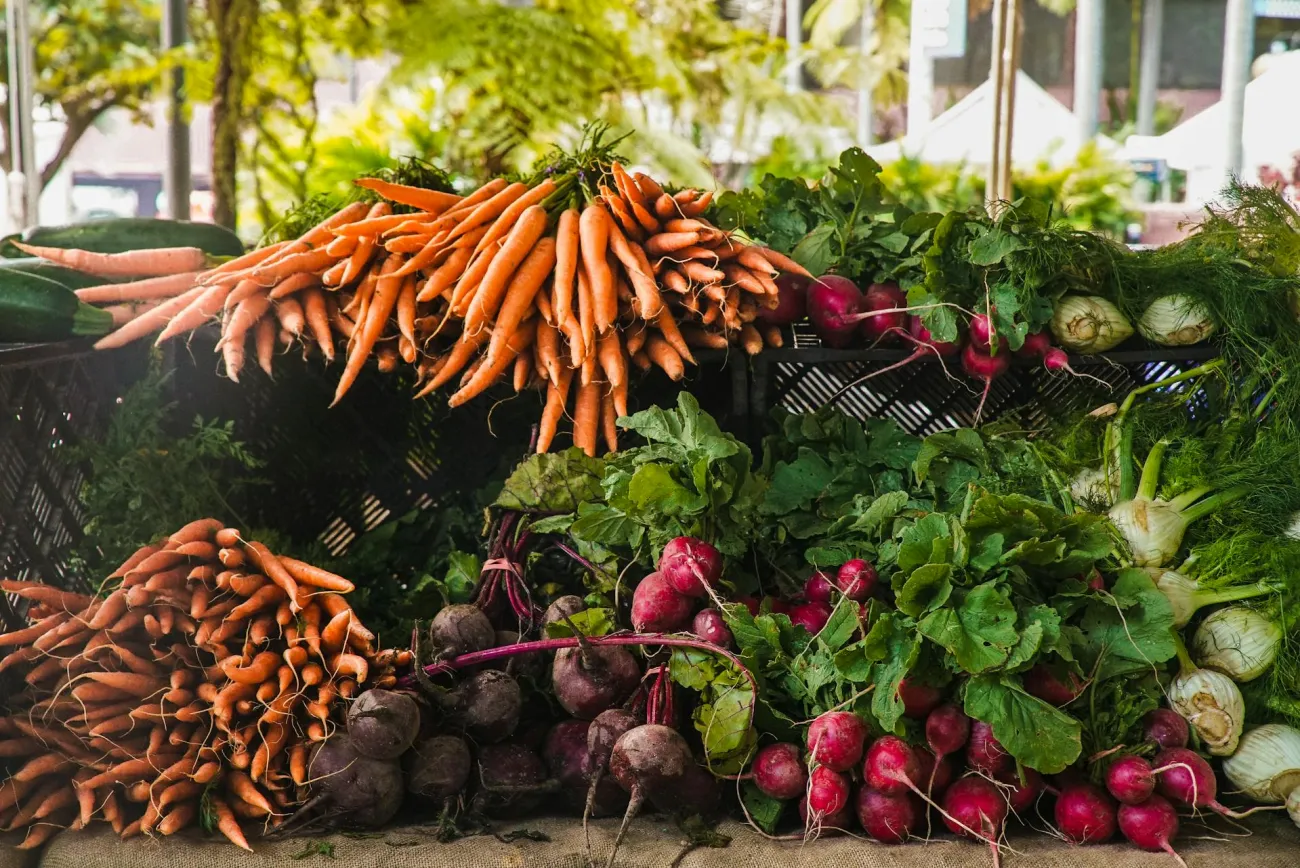College students who take a course on food and the environment reduce their reported ruminant meat consumption by 28% relative to their consumption prior to the course, according to this paper by FCRN member Jennifer Jay of UCLA Civil and Environmental Engineering.
The study followed the diets of students at the University of California Los Angeles who were enrolled in either a course called “Food: A Lens for Environment and Sustainability” or (as a control group) another course called “Evolution of the Cosmos and Life”.
The paper notes that, while students will have chosen the course depending on their interests (which may in turn influence their diets), both groups of students had a similar diet before taking the courses and argues that it is therefore appropriate to use students who choose the non-food course as a control group.
Questionnaires were used to assess the number of servings consumed per week of 22 food categories at the start and the end of the courses. Carbon dietary footprints were calculated using reported servings of various food groups and carbon footprint conversion factors available in the literature. All reported diets were normalised to 2,000 kcal per day to be in line with dietary carbon footprint numbers given in the literature.
The paper found that, over the duration of the courses, the students on the food-related course decreased their overall dietary footprint (after normalisation) by 7%, decreased their carbon footprint due to beef by 19%, and decreased their reported number of weekly beef servings by 28%. The same variables in the control group did not see statistically significant changes over the duration of the course. See Figure 1 of the paper for the increases and decreases in consumption of different food categories - for example, females in the group of students on the food-related course increased their vegetable consumption over the study period.
Abstract
The goal of this study was to evaluate the impact of a two-quarter freshman course series entitled “Food: A Lens for Environment and Sustainability” (Food cluster) on the carbon footprint of food choices by college freshmen attending a large public university in California. Students enrolled in the course completed a baseline questionnaire about their diets in early fall quarter and then again at follow-up, about 6 months later at the end of the winter quarter. The control group consisted of freshmen enrolled in a different course series entitled “Evolution of the Cosmos and Life” (Cosmos cluster). The instruction in the Food cluster included lecture material on general environmental science and life cycle analyses of food, an analysis of a reading comparing the environmental footprint of various types of meats, and classroom exercises to calculate the environmental footprint of typical foods. The Cosmos cluster instruction included climate change, but no information about food. While the two groups were statistically indistinguishable at baseline, throughout the period of the study, Food cluster students decreased (a) their overall dietary carbon footprint for a 2000-kcal normalized diet by 7% (p = 0.062), (b) the beef component of their dietary carbon footprint by 19% (p = 0.024), and (c) their reported ruminant consumption by 28% (p < 0.001). At follow-up, the overall dietary footprints for Food cluster students were 4153 and 5726 g CO2-eq/day for female and male students, respectively, compared to 4943 and 6958 g CO2-eq/day for female and male Cosmos students. In the Food cluster, both genders decreased their reported ruminant meat consumption by about a serving per week, while reported ruminant meat consumption increased for males in the control group. Modest, voluntary dietary changes such as those observed in this study could play an important role in mitigating climate change. Extrapolated across the entire US population, the difference in dietary carbon footprint observed between the Food cluster and control group would amount to 33% of the reduction required for the 2013 President’s Climate Action Plan (2013).
Reference
Jay, J.A., D’Auria, R., Nordby, J.C., Rice, D.A., Cleveland, D.A., Friscia, A., Kissinger, S., Levis, M., Malan, H., Rajagopal, D. and Reynolds, J.R., 2019. Reduction of the carbon footprint of college freshman diets after a food-based environmental science course. Climatic Change, pp.1-18.
Read the full paper here and read a press release here. See also the Foodsource resource What are the influences on our food choices? For a discussion of the impacts of monogastric meat, as opposed to focusing only on ruminants, see the FCRN publications Lean, green, mean, obscene…? What is efficiency? And is it sustainable?, Intensive versus extensive livestock systems and greenhouse gas emissions and Livestock, feed and food security.




Comments (0)